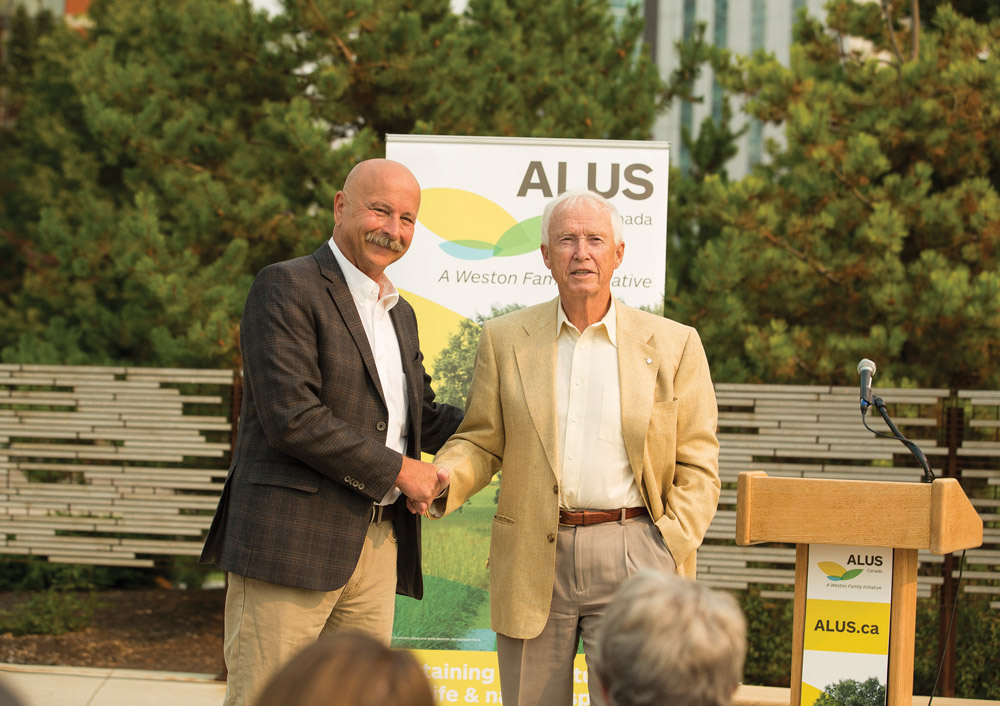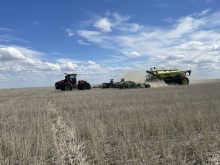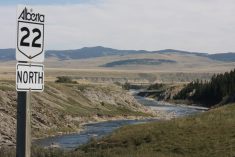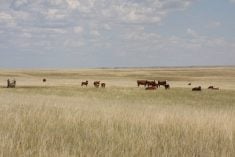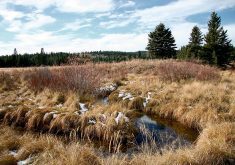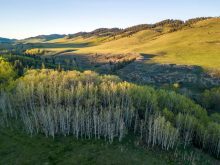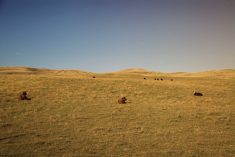A$500,000 donation will create almost 1,000 additional acres of conservation land in southern Alberta.
“This funding pretty clearly identifies ALUS’s niche,” said Bryan Gilvesy, CEO of ALUS Canada, the organization receiving the donation.
“This program isn’t about the traditional environmental ethics of protecting existing features. This harnesses the skills and energy of farmers and ranchers across Canada to create more ecosystem services that have benefits for Canadians.”
The donation from Alberta philanthropist David Bissett will create ‘The Bissett Action Fund,’ which will fund 186 projects in more than 10 southern Alberta communities, between the County of Vermilion River to the east and Lac Ste. Anne County and Parkland County to the west. These projects include wetland restorations, buffer zones around croplands, riparian zones with pollinator habitat, and wildlife-friendly fences that keep cattle out of streams to protect water quality.
Read Also
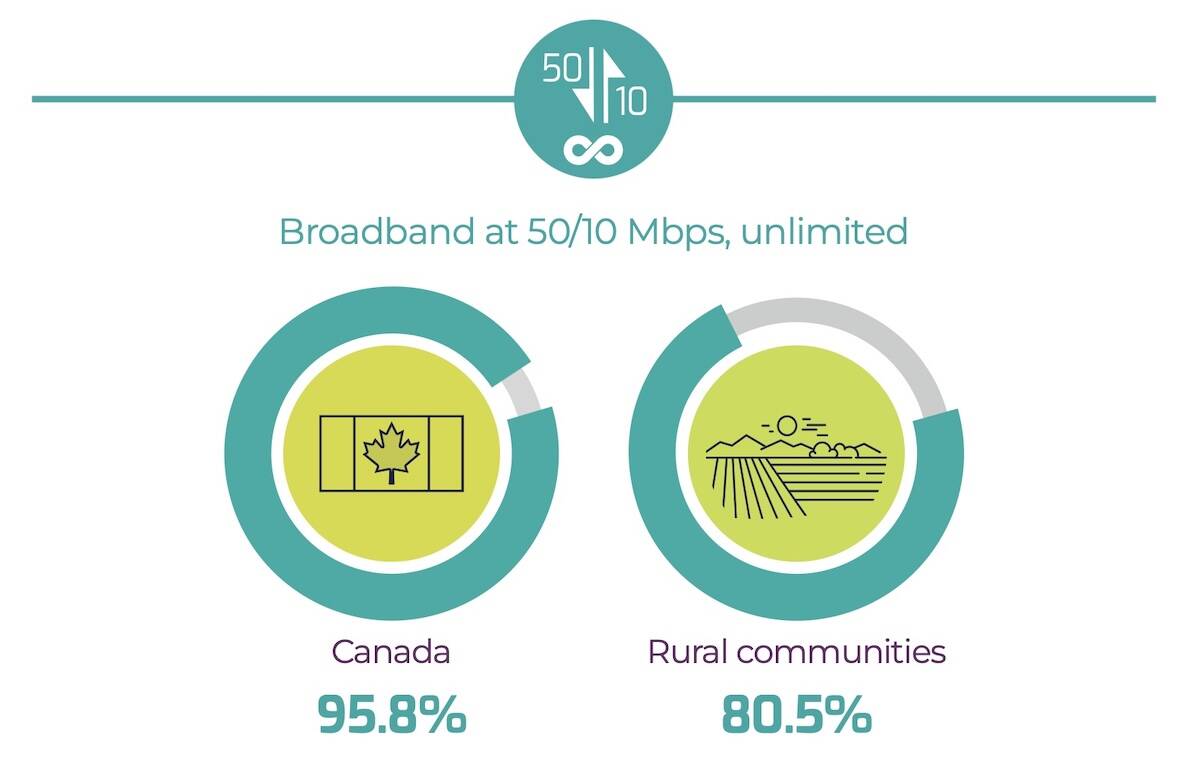
Rural Alberta gets further boost to internet connectivity
The province and feds join forces to help remote/rural Albertans get connected to reliable high-speed internet through its Broadband Strategy.
“It highlights the ability of ALUS Canada to create funding with specificity,” said Gilvesy.
- Read more: Stewardship program ‘putting our money where our mouth is’
- Read more: New Acre program produces a new kind of commodity
“Just like the farmers and ranchers of Canada, we are producing outcomes. We say that ALUS is the next generation of conservation in that it moves beyond protection and into production.
“By harnessing the skills and energies of our farmers and ranchers, we’re producing more — more clean air, clean water, and biodiversity.”
ALUS (pronounced Alice and short for Alternative Land Use Services) compensates farmers and ranchers for providing ‘ecosystem services’ on their land — both through the upfront costs of the project and the ongoing maintenance of the land.
After starting in 2006 in Manitoba, ALUS came to Alberta in 2010 through a pilot project in the County of Vermilion River, before spreading to Parkland County in 2012 and Red Deer County in 2013. Today, there are 11 counties in Alberta that support ALUS programs. Across Canada, there are more than 18,000 project acres in 20 communities, with a target of 150,000 acres in 75 communities by 2025.
That growth has been made possible by funders like Bissett (who was a major player in the financial services sector) and grocery magnate Galen Weston, whose foundation donated $5 million to ALUS Canada in 2016. But the next phase of growth is “very specifically targeted at corporate Canada,” said Gilvesy. The New Acre project allows corporations to sponsor environmental projects on farms and ranches in participating ALUS communities.
“We believe that corporate Canada has a very important role to play to fund these projects, and we believe we’ve developed the mechanism that will be very appealing to them,” said Gilvesy.
“We’re harnessing the productive natures of producers and turning that to environmentalism, and that is really, really interesting to them.
“It’s a really lovely synergy that’s going to happen between our producers and corporate partners.”
The New Acre project is just getting rolling, but Gilvesy thinks that the “grassroots program” will be appealing to corporate partners across Canada.
“We think that we’ve struck the right tone with corporate Canada,” he said.
“This is a truly productive approach. Producers produce. Through our program, we can have producers providing more environmental benefits for Canadians.”
Historically, producers have not been compensated for their efforts to protect the environment, but as it grows, ALUS Canada will continue to work to change the perceived value of ecosystem services.
“These ecosystem services that our producers provide have value. Part of the mandate of ALUS Canada is to unearth that value in the marketplace,” said Gilvesy.
“It’s an exciting program. I think we’re striking the right notes for a lot of people, so hopefully we can continue that momentum.”

